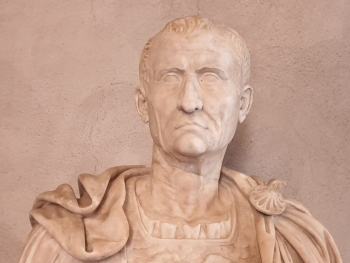The Ten Commandments, also known as the Decalogue, are a set of moral and ethical guidelines that are foundational to the Judeo-Christian tradition. These commandments, given by God to Moses on Mount Sinai, continue to be revered and studied by millions of people around the world today, and their relevance and significance for modern society cannot be overstated.
At their core, the Ten Commandments represent a set of universal values that are essential for building and sustaining a just and moral society. The commandments include directives to honor one's parents, not to commit murder, theft, or adultery, and to refrain from bearing false witness against one's neighbor. These values are critical for fostering healthy relationships, promoting social cohesion, and creating a framework for ethical behavior that benefits individuals and society as a whole.
In addition to their ethical and moral significance, the Ten Commandments also have legal implications. Many of the commandments, such as the prohibition against murder, theft, and perjury, are enshrined in modern legal codes and are recognized as essential for maintaining social order and promoting justice. In this way, the Ten Commandments serve as a foundation for modern legal systems and provide a basis for the rule of law.
Moreover, the Ten Commandments continue to inspire people of all faiths and backgrounds to live a life of meaning and purpose. For believers, the commandments represent a divine covenant with God, and their adherence is seen as a way to honor and serve God. For non-believers, the commandments offer a set of ethical principles that can guide their actions and help them to live a more fulfilling life.
Despite their enduring significance, the Ten Commandments have come under scrutiny in recent years, with some arguing that they are outdated or irrelevant to modern society. However, their relevance and significance remain as strong today as they did thousands of years ago. In a world where moral relativism and ethical ambiguity are all too common, the Ten Commandments offer a clear and unambiguous framework for ethical behavior that can help to promote social harmony and justice.
The Ten Commandments are a timeless and essential set of moral and ethical guidelines that continue to inspire and guide people today. Their enduring significance in modern society speaks to their universal appeal and their capacity to promote justice, social cohesion, and a sense of purpose and meaning in life.




